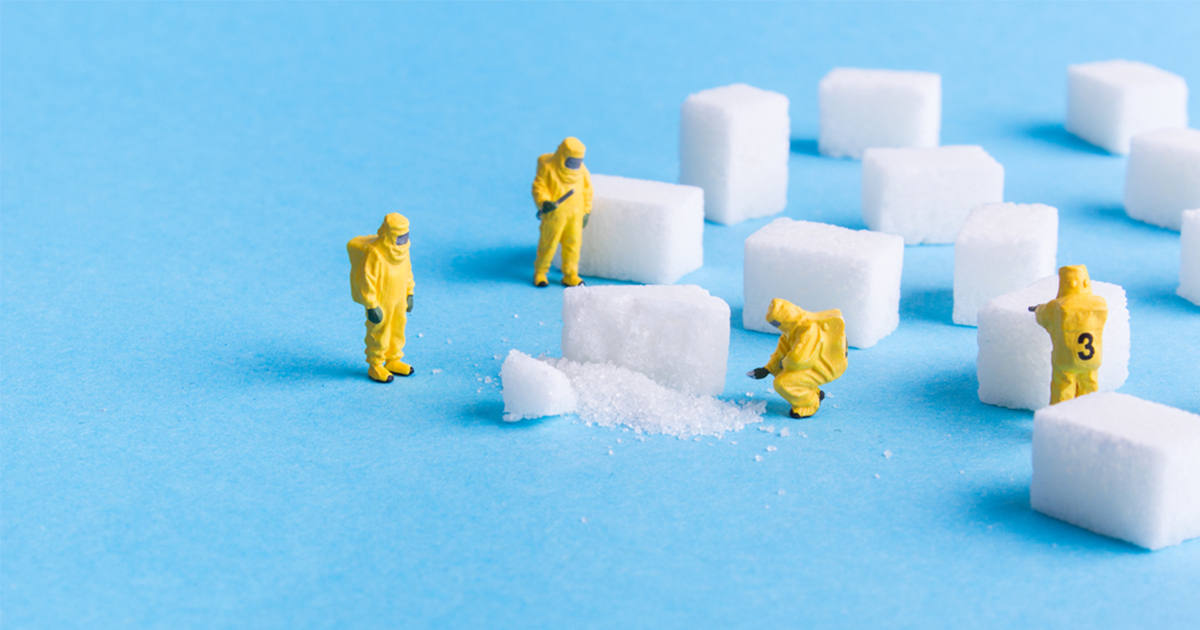Preventing the Progression of Chronic Kidney Problems: The Role of Glycemic Control

Chronic kidney problem is a progressive condition that can result in loss of kidney function over time. One of the primary reasons behind this is a condition of prolonged elevated blood sugar levels. It’s been predicted that around 30% of people who have this condition will experience a decline in kidney function. Therefore, it’s crucial to manage blood sugar levels effectively to prevent the progression of kidney function decline.
High blood sugar levels can damage the blood vessels and nerves in the kidneys and lead to other conditions that exacerbate chronic kidney problems, such as cardiovascular problems. Once again, this explains the importance of maintaining optimal glycemic control is essential in delaying the progression of chronic kidney problems.
The recommended targets for blood glucose levels vary depending on the kidney injury stage and the individual circumstances. Generally, the target HbA1c for people with chronic kidney problems is less than 7%. However, glycemic targets should be tailored to the individual. In some cases, more stringent targets may be appropriate.
Medical management and lifestyle modification all play a role in glycemic control and chronic kidney problem progression. Patients should work closely with their healthcare providers to develop a personalized management plan that considers their individual health state and goals.
DTS Ultimate Kidney Support
Made with patent formula without added sugar, DTS is suitable for people with prolonged elevated blood sugar to take as kidney support. DTS is proven beneficial to kidney health by supporting the eGFR levels. It is ideal for protecting the kidneys from high blood glucose. Many of our users have feedback that DTS is beneficial to their kidney health.
- * All research and clinical data should be used as reference purposes only, results may vary.




